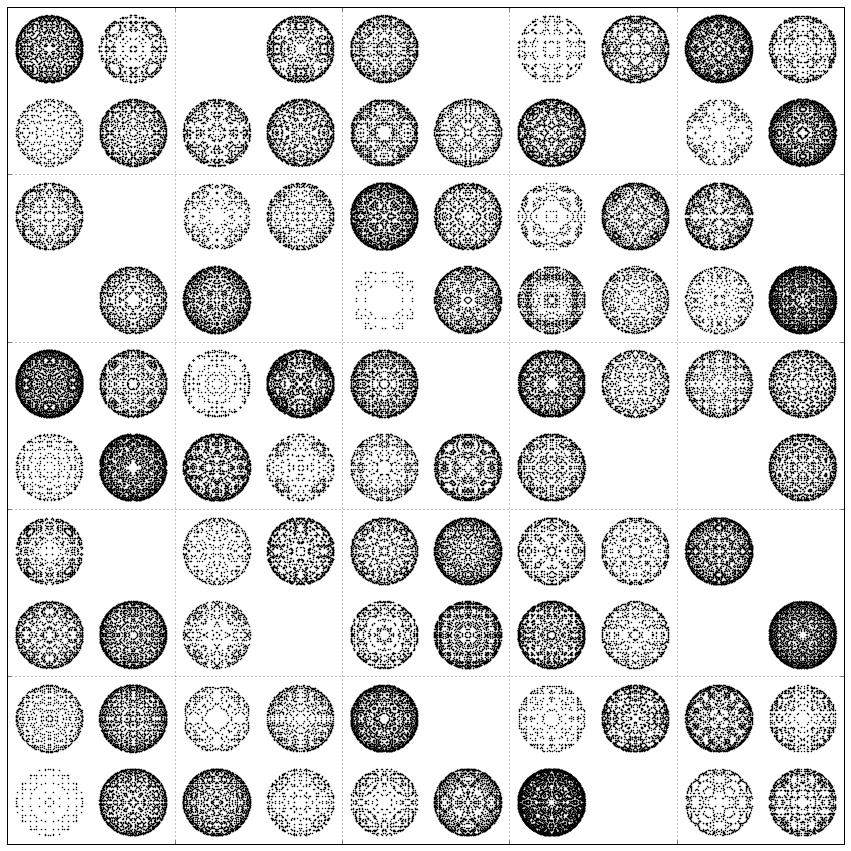I would like to write an algorithm that lists all the ways a natural number $m \in \mathbb{N}$ can be written as the sum of three squares $m = x^2 + y^2 + z^2$ with integers $x,y,z \in \mathbb{Z}$.
Legendre's theorem says $m$ has such a representation if $m \neq 4^a(8b+7)$ with $a,b \in \mathbb{N}$. See on MathOverflow:
- Legendre and sums of three squares
- Efficient computation of integer representation as sum of three squares
If I just wanted to count the number of representations as the sum of squares, we could find formulas in the Online Encyclopedia of Integer Sequences:
- A005875 - Theta series of simple cubic lattice; also number of ways of writing a nonnegative integer n as a sum of 3 squares (zero being allowed).
- A074590 - Number of primitive solutions to $n = x^2 + y^2 + z^2$ (i.e. with $\gcd(x,y,z) = 1$).
How do I list the sum of squares representations for each $m$? I would take a slower algorithm if it were easy to implement.
I considered just writing: $\boxed{m -x^2 -y^2 = z^2 }$ and looping over $0 < x < y < \sqrt{m} $ and checking it is perfect square.
Another possibility is keeping an array square writing square[x*x+y*y*z*z] += [[x,y,z]] storing triples in the appropriate place as I find them. That is something like $m^3$ time since I loop over $0 < x,y,z < m$.
Do any solutions jump out at you?
10/12/17 Here I take a naive approach:
N = int(M**0.5)
z = [ (a,b,c) for a in range(N) for b in range(N) for c in range(N)
if a**2 + b**2 + c**2 == M]
This rather slow, but I could get solutions in the range N=10000 in about 20 seconds. Here I run it 100 times within a half-hour.
Sometimes, there is no solution. How can I improve this to work quickly at $N \approx 10^6$ ?

